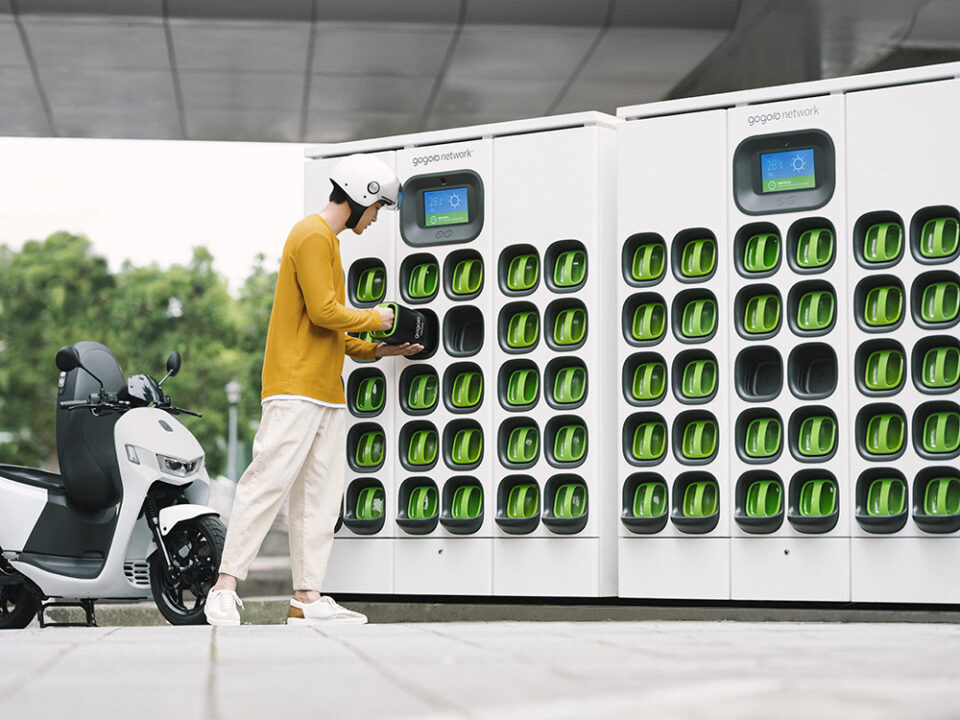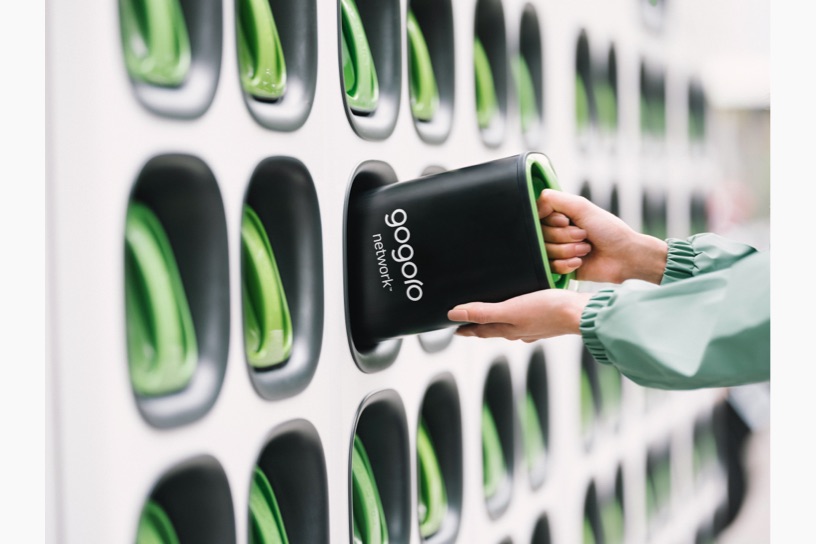While battery swapping as a solution to long charging times may not be so popular in the rest of the world, the initiative continues to thrive in China. Gogoro, the electric scooter maker is about to enter the sector in the Asian economic powerhouse.
The Taiwan based Gogoro is entering an agreement with two makers of motorcycles to make electric two-wheelers that will use Gogoro’s swappable batteries. The two companies are DCJ and Yadea.
The two companies will setup a network of locations where the batteries can be swapped, using vending-like machines made by Gogoro. The swapping stations will serve to help the local power grid balance during bouts of high demand. DCJ and Yadea signed a separate deal that will see them managing the battery swap infrastructure in the country.

The batteries are compact and can be easily removed and replaced with fresh ones. They last long and endure wear and tear very well.
The first Gogoro stations in China will start operation this year, with more to follow next year. Part of the appeal is that the vehicles will be cheaper as they would be sold without a battery, which is the most expensive part. Instead, the user will pay to rent the battery.
Gogoro welcomes other scooter makers to use its swappable battery packs. They can either incorporate the batteries into their design or buy Gogoro’s drive system that has the batteries pre-installed. The launch in China comes after Gogoro signed a similar deal with Hero Moto, one the biggest makers of scooters in India.

CEO of Gogoro, Horace Luke has this to say about the Chinese launch of the battery exchange system: “We all share an ambitious vision for changing how China’s cities operate in smarter and cleaner ways and the Gogoro Network was created to provide an easy path forward for simple and sustainable electric refueling of two-wheel vehicles with smart battery swapping,”
Gogoro released statistics that shows that more that 185 million battery swaps have been recorded in Taiwan alone since 2015, which a daily average of over 275,000 exchanges over the last 30 days. The company also claimed that 99% of the batteries launch in 2015 were still operational, thanks to its proprietary Smart Batteries solution.